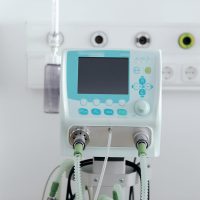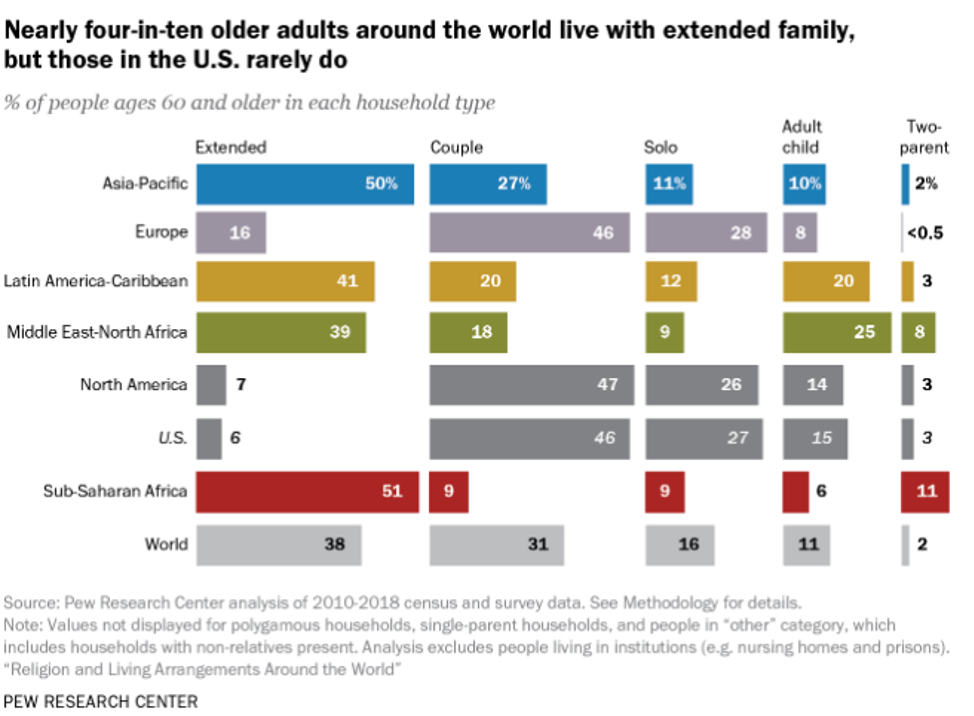Seniors Are Changing Their Living Wills Due to COVID-19 Concerns

Kaiser Health News is reporting the coronavirus pandemic is prompting seniors to create or modify their living wills. Specifically, intubation is the topic that has many seniors crafting or rethinking their strategies amidst a wealth of disparate COVID-19 information that makes forming reliable conclusions for decision making, dubious at best.
Why Seniors are Changing Their Living Wills
Initial reports were suggesting that the use of a ventilator, a machine that pumps oxygen throughout a patient’s body while lying in bed, sedated, with a breathing tube down their windpipe, was showing signs of promise in severe cases of COVID-19. Yet, further into the pandemic timeline, these machines that help patients to overcome respiratory failure appear to have discouraging survival rates.
The prognosis of an older adult with COVID-19 placed on a ventilator with an underlying medical condition like lung, kidney, or heart disease is even more dismal. These older COVID-19 patients who do survive, spend considerably longer (two weeks or more) on a ventilator and tend to come out of the treatment extremely weak, deconditioned, often suffering delirium, and requiring months of rehabilitative care.
Many seniors are revising their living wills, also known as (advance health care directives) to address the case of COVID-19 specifically, and they are opting out on the use of a ventilator. Joyce Edwards from St Paul, Minnesota, is unmarried and living on her own with no children spoke to the issue stating, “I have to think about what the quality of my life is going to be. Could I live independently and take care of myself, the things I value the most? There’s no spouse to take care of me or adult children. Who would step into the breach and look after me while I’m in recovery?”
Joyce’s situation is not uncommon in the United States. American seniors are more likely to live alone than ever before: the new mantra of “aging in place.” Living alone does not mean they do not have family, somewhere. Still, in the case of contracting COVID-19 and the difficulties recovery can present, many seniors prefer not to upend the lives of their younger children to prolong their own lives. Some seniors prefer to ‘go quietly into that good night’ after a life well-lived. They are conceding in writing that extraordinary measures to keep them alive are not how they wish to spend their final months, weeks, or days. It is especially true in the case of intubation, where a patient is essentially in a coma state and unable to communicate with loved ones before they might pass on.

Source: pewresearch.org
Then there is the gray area of choice regarding respiratory failure due to COVID-19. While some seniors may be saying NO to a ventilator, doctors can give high-flow oxygen and antibiotics. Positive airway pressure (PAP) machines are another mode of respiratory ventilation. BiPAP and CPAP machines deliver oxygen but without the sedation required during intubation, which allows the patient to be alert, more comfortable, and have interaction with family and friends.
Having discussions with your spouse, family, or doctor if you are alone, about COVID-19 and what to do if you contract the disease and how you might amend your living will to reflect your desires are more important than ever. Dr. Rebecca Sudore, a professor of medicine at the University of California at San Francisco, suggests directing the discussion away from using a ventilator or not, to a more general discussion of how an older adult sees their future.
In the process of drafting living wills, the discussion should include questions about what is most important to you as an older adult. Do you treasure your independence? Or is time with your family more valuable to you? Is being able to walk and be physically capable important to you, or can you live happily with compromised lungs in a more sedentary lifestyle? Is your goal to live as long as possible? Or is it about the quality of your years on earth? In an open and calm discussion, answering these and other general questions will provide the context that will lead you to your decision about ventilators and other breathing machines.
McDonald Law Firm, LLC is here to help with your living wills.
There is a lot to think about when it comes to living wills and end-of-life wishes. At McDonald Law Firm, we are here to help you decide what documents are appropriate to adequately express your wishes. Give Andre O. McDonald, a knowledgeable Howard County, Montgomery County and District of Columbia estate planning, special-needs planning, veterans pension planning and Medicaid planning attorney, a call at (443) 741-1088 or (301) 941-7809, to schedule a no obligation consultation. We look forward to talking with you soon!
DISCLAIMER: THE INFORMATION POSTED ON THIS BLOG IS INTENDED FOR EDUCATIONAL PURPOSES ONLY AND IS NOT INTENDED TO CONVEY LEGAL OR TAX ADVICE.











